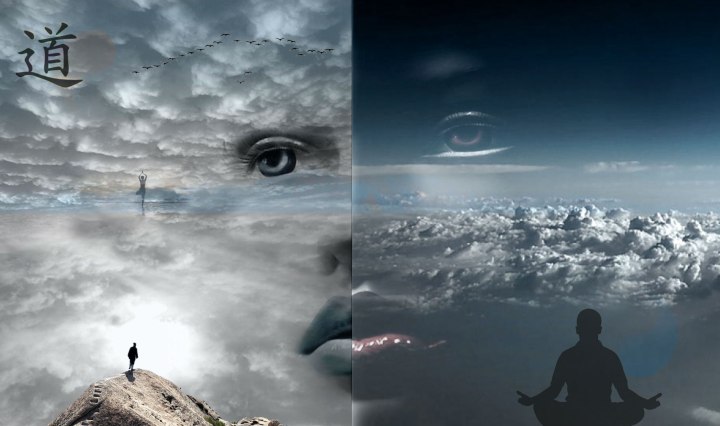
The taoist way – Alan Watts
Lecture by Alan Watts – El Tao Te Ching (El libro del sendero), de Lao Tzu, es una de las joyas de la humanidad, un tratado ya clásico sobre el arte de vivir cuya vigencia se extiende fuera de todo tiempo y lugar. Su figura central -el maestro- es un hombre o una mujer que vive en armonía con el Tao, esencia irreductible del universo y fuente de toda vida. Continúa leyendo The taoist way – Alan Watts








